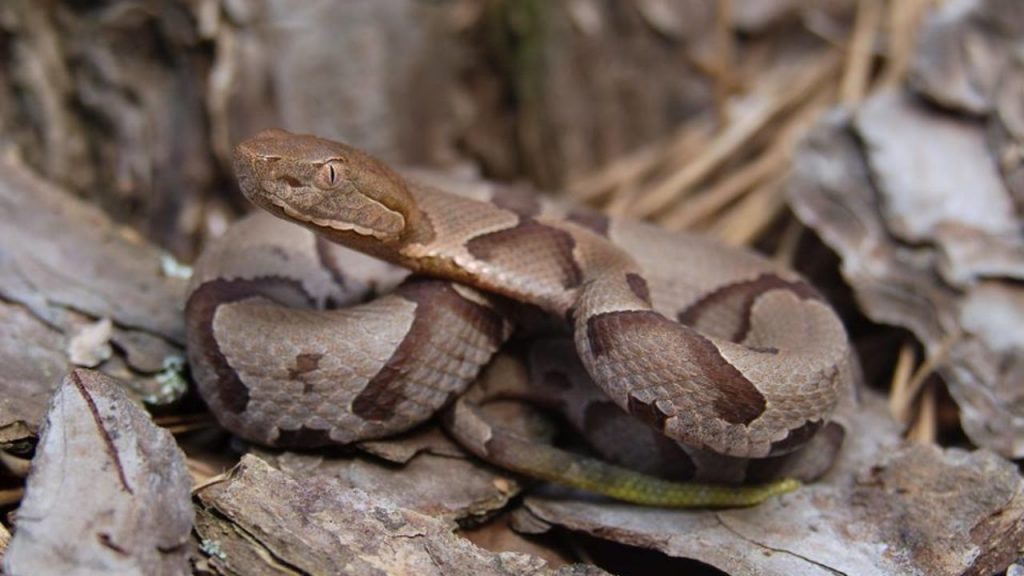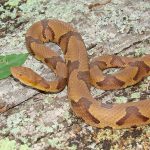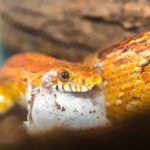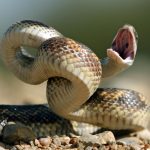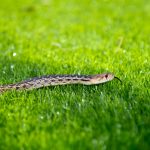Do you ever wonder what snake smells like cucumber? It’s a surprisingly common question, and one that has intrigued naturalists and biologists alike for centuries. This article will explore the surprising facts about snakes’ sense of smell and why they may be able to detect the scent of cucumber. We’ll delve into the physiology and behavior of snakes to understand their olfactory capabilities and why they may be drawn to the aroma of cucumbers. Finally, we’ll discuss the implications of the snake’s sense of smell on their behavior and their interactions with humans. So, if you’re curious about what snake smells like cucumber, read on to find out more about the surprising facts about snakes’ sense of smell.
Types of Snakes
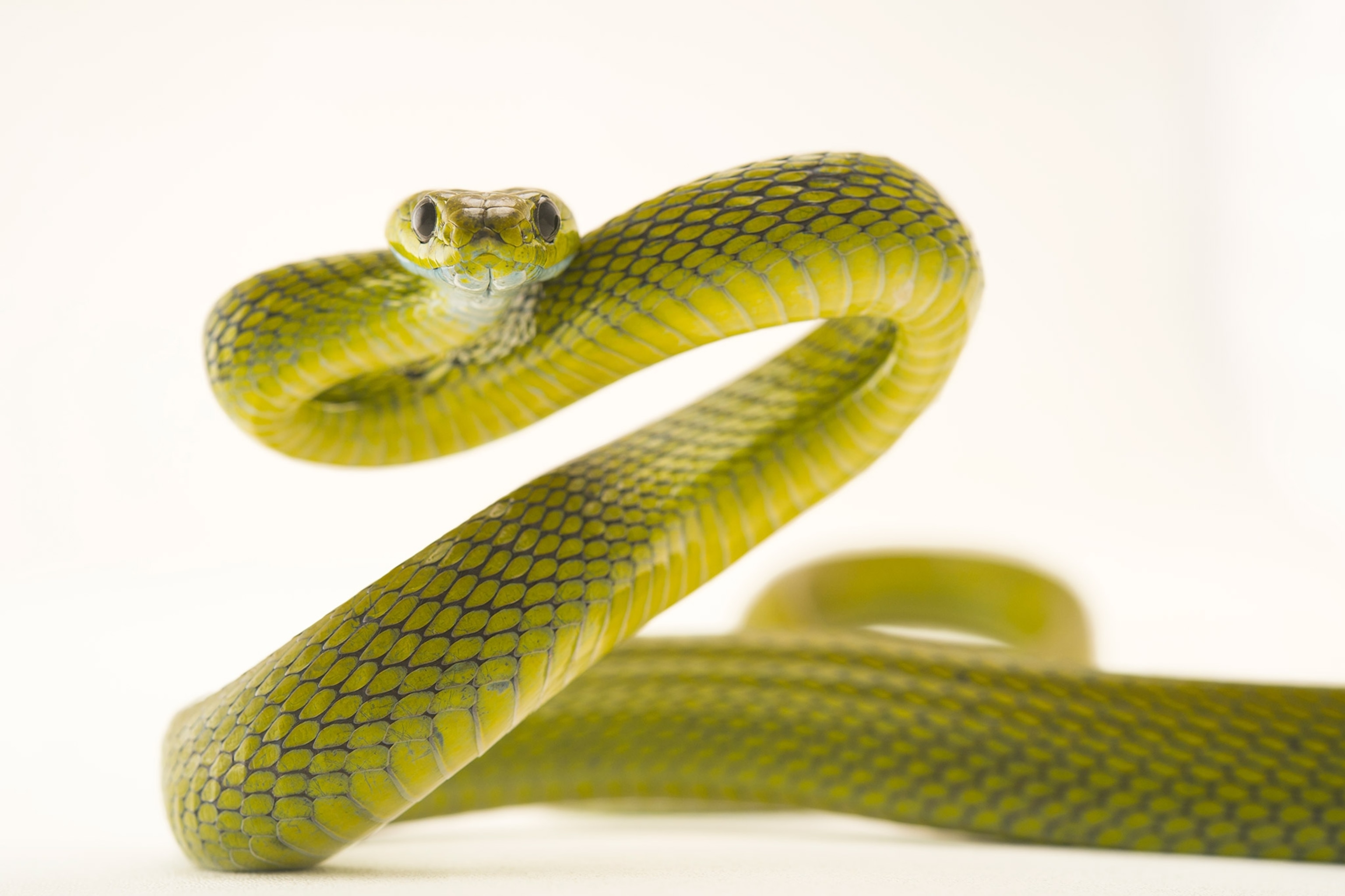
- Pythons
- Cobras
- Rattlesnakes
- Vipers
- Water Snakes
- Garter Snakes
- Hognose Snakes
- Corn Snakes
- Milk Snakes
- Sea Snakes
- Keelback Snakes
Snakes come in many shapes, sizes, and colors. Some have venom, while others do not. Different types of snakes have adapted to survive in different habitats, from deserts to cold climates. Some snakes, like pythons, are constrictors, while others, like rattlesnakes, have venom and specialized teeth to inject it. Others, like water snakes, are adept swimmers. Garter snakes, hognose snakes, corn snakes, milk snakes, and sea snakes are some other common types of snakes. Keelback snakes are not as well-known, but are found in many parts of the world.
Snakes and their Sense of Smell
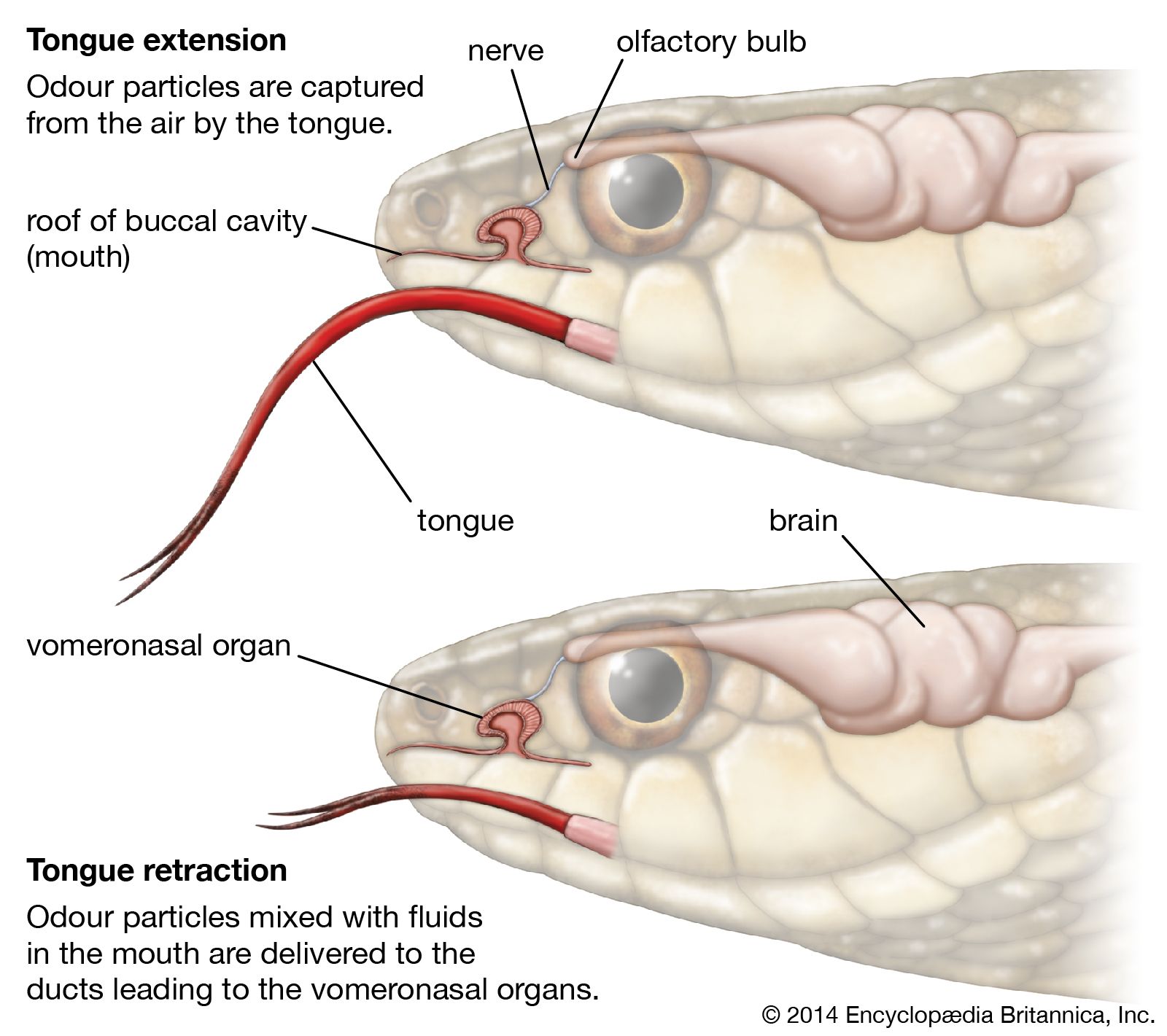
- Snakes have a keen sense of smell, covered by special scales on their upper lip, known as the Jacobson’s organ.
- The Jacobson’s organ is part of the olfactory system, which is used to detect scent molecules.
- Snakes rely heavily on their sense of smell to hunt for prey and detect danger.
- They can pick up scents from the air or the ground, and can distinguish between different smells.
- However, snakes cannot smell like humans do, as they lack the ability to recognize specific odors.
- Instead, snakes use their sense of smell to determine if a particular smell is familiar or unfamiliar.
- Snakes can detect certain scents, such as cucumber, but they cannot identify it as such.
Factors Affecting a Snake’s Ability to Smell
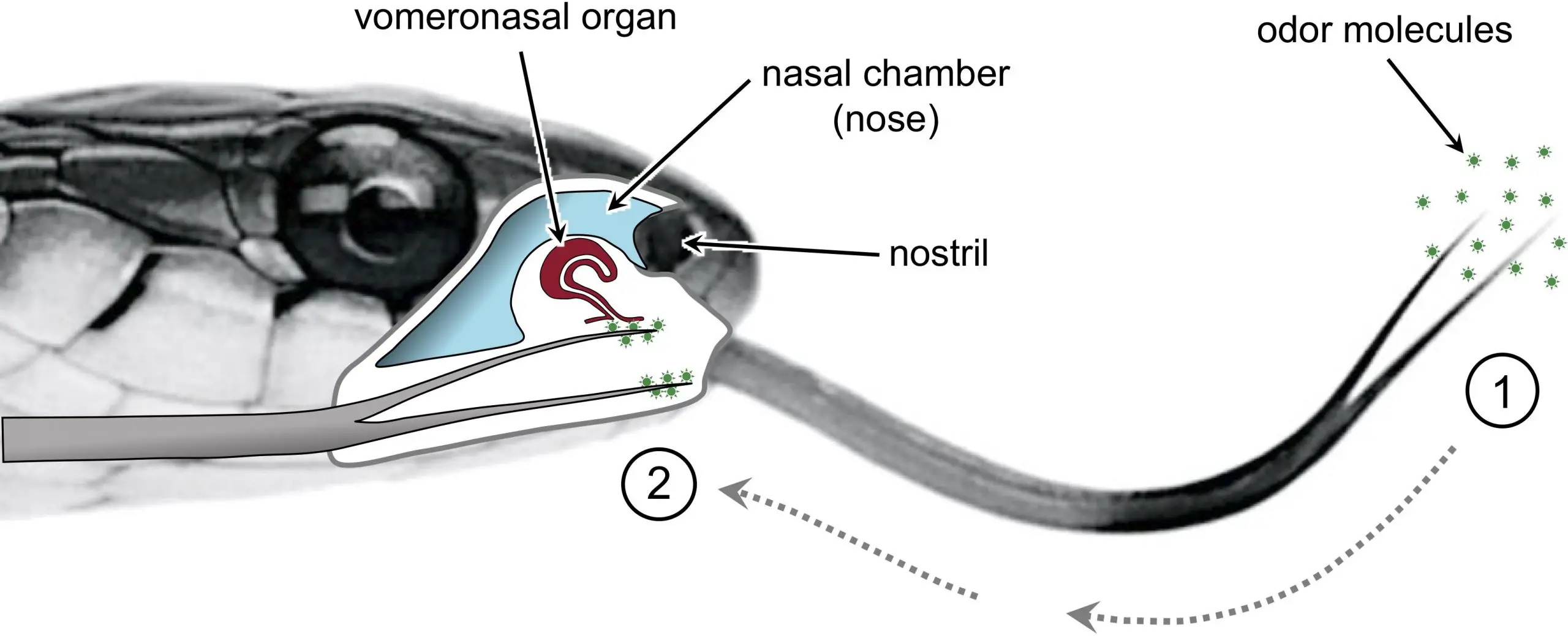
The olfactory ability of a snake is dependent on several factors. These include the size of a snake’s nostrils, the number of olfactory receptors in its nasal cavity and the function of the Jacobson’s organ, which helps to detect airborne odors. Additionally, the size of a snake’s tongue is a factor as larger tongues can pick up more scent particles. Temperature and humidity also play a role in a snake’s ability to detect odors, as cooler air can hold more scent particles than warmer air. Finally, the presence of other animals can influence the ability of a snake to detect odors, as the presence of larger predators can cause the snake to mistakenly detect their odors.
What Can a Snake Smell?
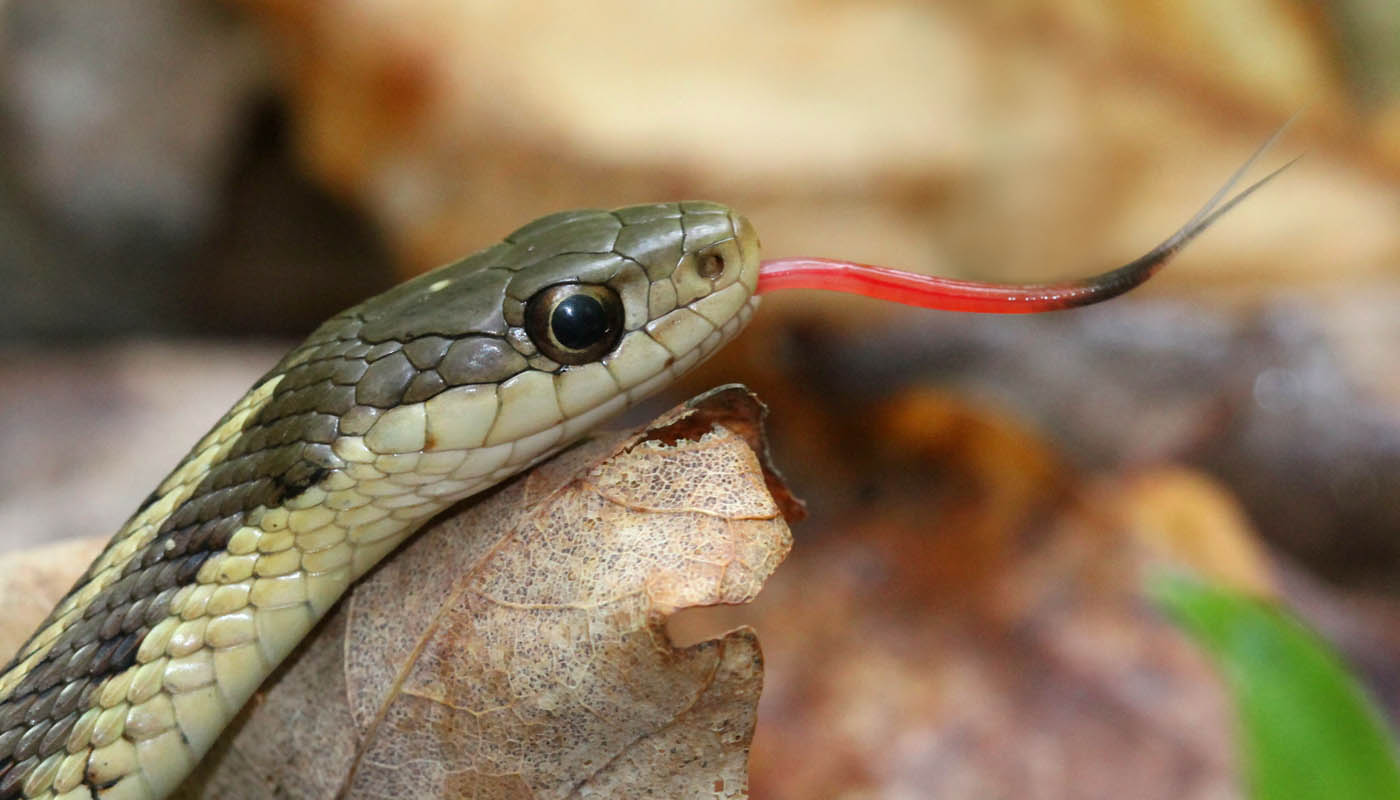
Snakes have an extraordinary sense of smell that they use to detect their prey. They have an organ called the “Jacobson’s organ” located in the roof of their mouth which is used to detect odors. Snakes can detect a wide range of smells, including food, predators, and other environmental cues.
| Odors | Description |
|---|---|
| Food | Snakes use their sense of smell to locate food. They can detect the scent of small mammals, reptiles, amphibians, and insects from a distance. |
| Predators | Snakes can detect the scent of potential predators such as large mammals, birds, and other snakes. This helps them to avoid being eaten. |
| Environmental Cues | Snakes can also detect environmental cues, such as humidity and temperature, which can help them to choose the best place to rest or hide. |
Snakes are also able to detect pheromones, which are chemical signals released by other animals, including other snakes. This helps them to find potential mates or recognize members of their own species.
Snakes have an incredible sense of smell that helps them survive in their environment. While they may not be able to smell cucumbers specifically, they have a wide range of smells that they can detect.
Cucumber Smell Perception in Snakes
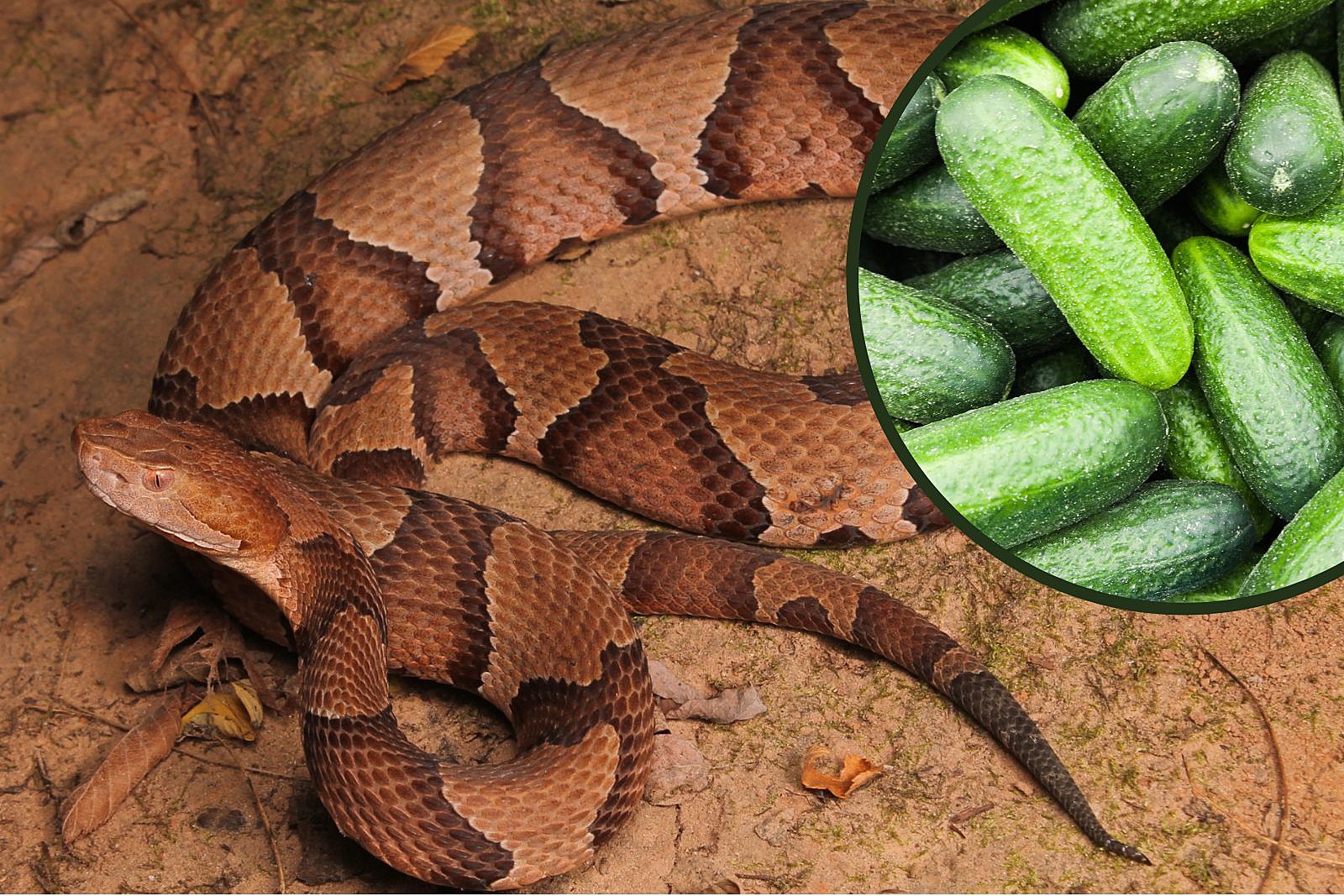
Snakes have an excellent sense of smell, but are not able to detect a specific smell like cucumber. Instead, they can detect the scent of certain molecules in the air, such as those found in cucumber. Snakes use two main organs to detect odors: the tongue and the vomeronasal organ (VNO). The tongue is used to pick up chemical cues in the air, while the VNO is used to sense pheromones and other odors that may be present in the environment.
When a snake detects the odor of a cucumber, it is likely due to the presence of certain molecules in the air, such as ethyl butyrate and hexanal. These molecules are typically found in cucumber and other fruits and vegetables, and they are detected by the snake’s VNO. When the snake detects these molecules, it triggers a response in the brain which causes the snake to move towards the source of the odor.
Snakes also have a sense of taste, which helps them to identify food sources and determine whether or not they are edible. Taste is detected through the snake’s tongue, which is covered in small bumps called papillae. These papillae contain taste buds, which can detect certain chemicals in the food and allow the snake to determine if it is safe to eat.
In conclusion, while snakes are not able to detect a specific odor like cucumber, they are capable of detecting certain molecules in the air which can trigger a response in the brain. This response allows the snake to move towards the source of the odor, and taste buds on the tongue can help the snake to determine if it is safe to eat.
Cucumber and the Snake’s Hunting Habits
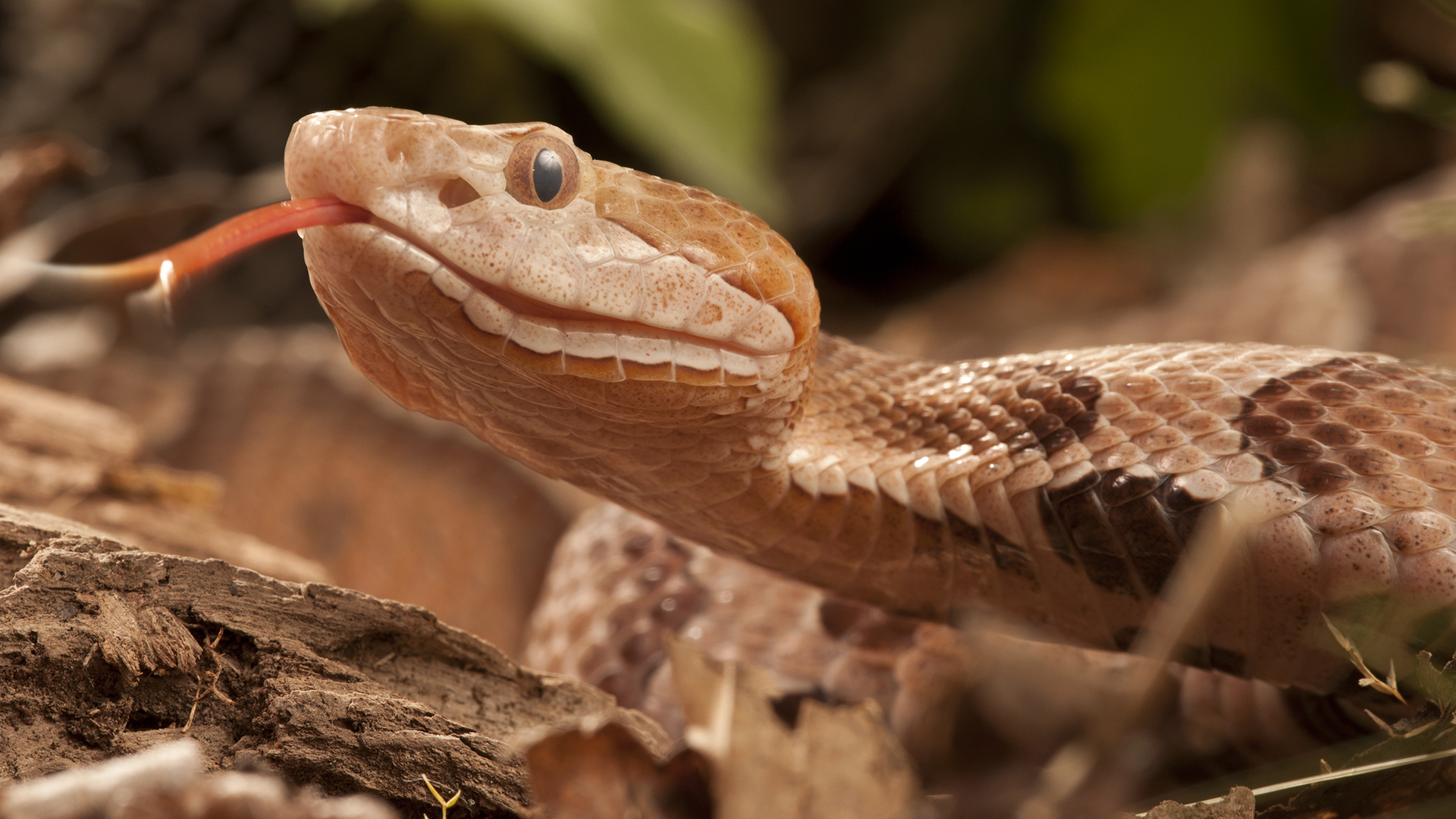
Snakes have a unique sense of smell that helps them locate prey. This sense of smell is based on a combination of chemical receptors and heat-sensing organs, collectively known as the Jacobson’s organ. Snakes have this organ located in their heads, which allow them to detect scents in the air through their “forks”.
Some snakes, like the green mamba and diamondback rattlesnake, have been known to track down cucumbers due to their strong smell. This is because cucumbers contain a chemical called cucurbitacin, which is a bitter-tasting compound found in some plants. This compound is what gives cucumbers their distinct smell.
In order to hunt down a cucumber, a snake will use its tongue to smell the air for the scent of the cucurbitacin. Once the snake has detected the scent, it will use its body to “taste” the cucumber, using its tongue to sense the chemical compound.
Snakes can also use the heat-sensing organs in their heads to detect their prey. They will be able to detect the heat given off by the cucumber, which can help them locate their target more accurately.
Once the snake has located its prey, it will use its body to coil around the cucumber and constrict it to immobilize it. Then, the snake will bite it and inject its venom to subdue the prey before swallowing it whole.
Cucumbers may seem like an unlikely prey for a snake, but their distinct smell and heat-sensing capabilities allow them to track down this tasty treat with ease.
Effects of Cucumber on Snakes
- Cucumbers can be used as a repellent for snakes.
- Snakes have a natural aversion to cucumbers, which can help keep them away from your home or garden.
- The smell of cucumbers can confuse and deter snakes, as they are not accustomed to the scent.
- Snakes may feel threatened by the scent of cucumbers, and therefore avoid the area.
- The texture of cucumbers can also be beneficial, as snakes do not like the slimy feel of the cucumber.
- Cucumber slices can be placed around areas where snakes have been seen to help keep them away.
- When cucumbers are placed around the outside of a home, it can help keep snakes from entering.
Conclusion
There is no scientific evidence that suggests any snake smells like cucumber. However, anecdotal evidence from snake owners suggests that some species of snakes may be able to detect certain smells, such as cucumber. Therefore, it is possible that certain species of snakes may be able to detect the smell of cucumbers. Ultimately, it is up to the individual snake owner to determine if their snake is able to detect the smell of cucumbers.
| Conclusion |
|---|
| There is no scientific evidence that suggests any snake smells like cucumber. |
| Some species may be able to detect certain smells, such as cucumber. |
| It is up to the individual snake owner to determine if their snake is able to detect the smell of cucumbers. |
Frequently Asked Questions
What type of snakes have the ability to smell cucumbers?
Snakes of the Colubridae family, such as corn snakes, rat snakes, king snakes, and garter snakes, have the ability to smell cucumbers. This sense is used to detect food, predators, and mates. In addition, some species of boas and pythons also have a good sense of smell, but not as good as the Colubridae family.
How do snakes use their sense of smell to detect cucumbers?
Snakes use their sense of smell to detect cucumbers by flicking their forked tongues in and out of their mouths to collect scent particles. These particles are then transferred to a special organ in the roof of their mouths called the Jacobson’s organ and analyzed to determine the type of odor. This allows snakes to accurately detect the presence of cucumbers and other food sources.
Are there any benefits to snakes being able to smell cucumbers?
Snakes have a keen sense of smell, which helps them find prey and avoid predators. Snakes can also detect pheromones in the air, allowing them to recognize other snakes and potential mates. The ability to smell cucumbers can be beneficial to snakes because cucumbers can be a potential food source. Additionally, the smell of cucumbers can alert snakes to the presence of potential predators in their environment, allowing them to take necessary evasive action.
How do snakes compare to other animals in terms of their sense of smell?
Snakes possess an acute sense of smell, thanks to their forked tongue that picks up molecules from the air and transfers them to the vomeronasal organ (located in the roof of the mouth). This organ then helps the snake to identify prey and predators. Snakes have a better sense of smell than humans and some other animals, but not as good as a dog or a cat. They are also able to detect odors in the air more quickly than other animals, which helps them to find food and avoid danger.
What other smells can snakes detect besides cucumbers?
Snakes have an excellent sense of smell that enables them to detect prey and predators as well as recognize familiar territory. They have two small holes on the upper lip called pit organs, which allow them to sense infrared radiation, allowing them to detect the body heat of warm-blooded animals. They also have Jacobson’s organ, which helps them to detect the scents of other animals and their environment. In addition to cucumbers, snakes can detect a variety of other smells, including food, potential prey, other snakes, and danger.
Conclusion
Snakes have an incredibly sensitive sense of smell that can detect a variety of odors, including cucumbers. They use their sense of smell to detect prey and other potential threats. While not as powerful as a dog’s sense of smell, the snake’s sense of smell is more than adequate for its needs. Snakes have a unique ability to detect and remember odors, which helps them to survive in the wild.
